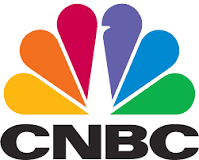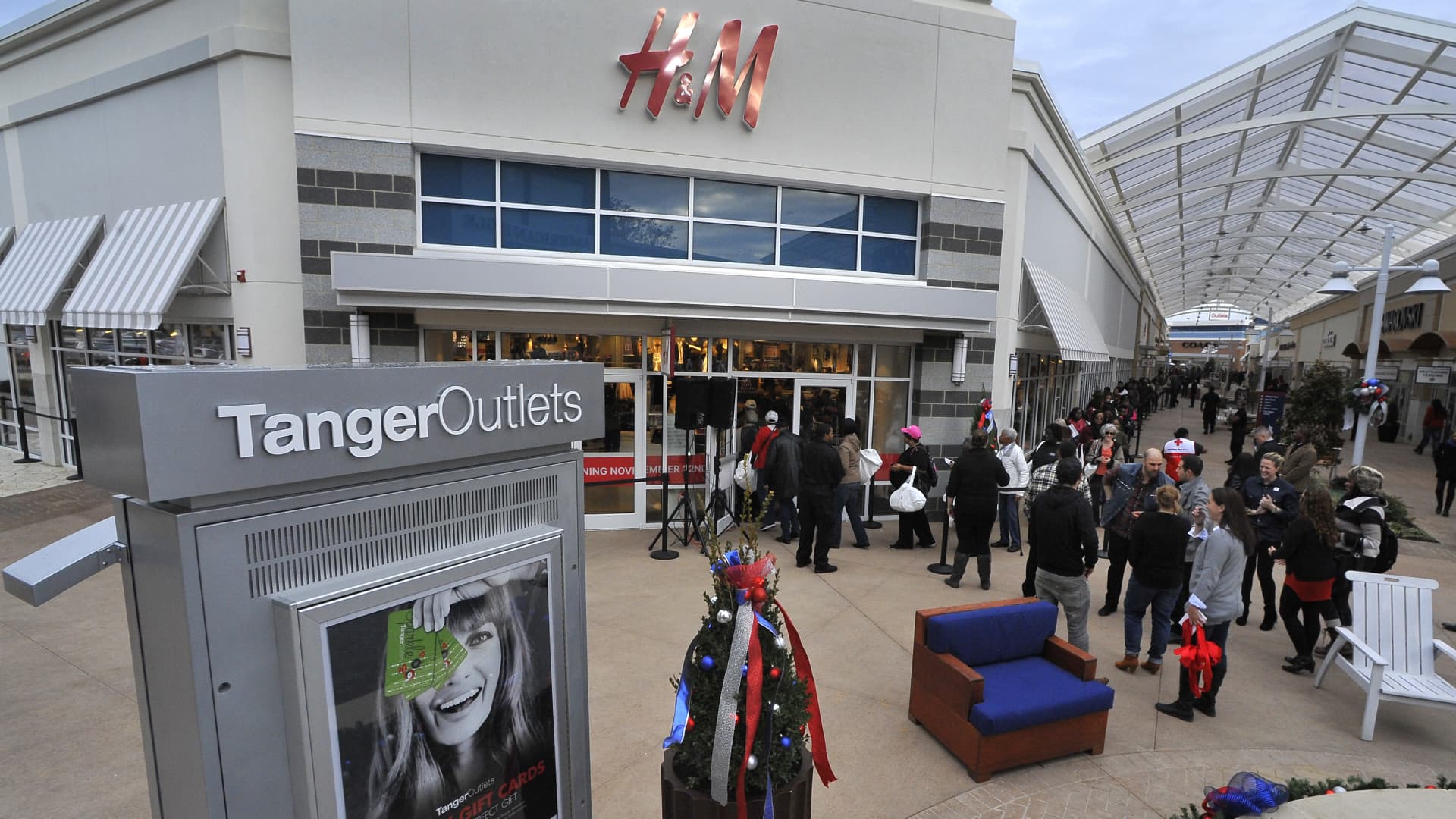U.S. President Donald Trump speaks on the day he is set to sign an executive order on "Fostering the Future" in the East Room of the White House, in Washington, D.C., U.S., Nov. 13, 2025.
Jonathan Ernst | Reuters
President Donald Trump on Friday exempted key agricultural imports like coffee, cocoa, bananas and certain beef products from his higher tariff rates.
The move comes as Trump faces political blowback for high prices at U.S. grocery stores. Some distributors of beef, coffee, chocolate and other common food items have raised prices as Trump's tariffs took hold this year, adding to pressure on household budgets created by decades-high inflation in recent years.
Trump's action Friday also exempts a range of fruits including tomatoes, avocados, coconuts, oranges and pineapples. Along with coffee, the tariff reductions extend to black and green tea, and spices like cinnamon and nutmeg.
The move marks a reversal for Trump, who has insisted tariffs are necessary to protect U.S. businesses and workers. He has contended U.S. consumers will not ultimately pay for the higher duties.
The exemptions come just a day after Trump reached trade framework agreements with four Latin American countries – including 10% tariffs on most goods from Argentina, Guatemala, and El Salvador, and 15% from Ecuador. It also removes duties specifically on products not grown or produced in the U.S. in sufficient quantities, like bananas and coffee.
Rising food prices have hampered U.S. households for several years. Consumer Price Index data show food-at-home prices increased approximately 2.7% year-over-year in September. (More recent data was delayed because of the government shutdown).
The tariff exemptions aim to help moderate these grocery price increases, although experts caution that other factors such as global supply shortages also influence prices, especially for coffee and beef.
Here's more background on how industries like beef, coffee and cocoa have reacted to tariffs and rising prices.
Beef
The tariff exemption for beef comes after months of rising prices tied in part to Trump's own tariff policy.
Over the past year, the U.S. imposed steep duties on major suppliers including Brazil, Australia, New Zealand and Uruguay. Brazil – the world's second-largest beef producer – has faced effective tariff rates topping 75%, driving down imports into the U.S. just as the cattle herd in the country hit a near 75-year low.
Ranchers have struggled to rebuild herds amid drought, higher feed costs and tariffs on fertilizer, steel and aluminum that have made equipment and repairs more expensive.
The supply squeeze has fueled a spike in prices at the grocery store: uncooked beef products rose 12% to 18% year over year in September, according to the most recent consumer price index report from the Bureau of Labor Statistics.
Producers told CNBC earlier this month that policy whiplash, from changing tariff rates to the recent expansion of Argentina's beef quota, has further chilled long-term investment, keeping supplies tight and sentiment fragile.
Coffee
Ground roast coffee prices in the U.S. reached $8.41 per pound in July, a record high and a 33% increase from the prior year, according to Bureau of Labor Statistics data.
Trump's 50% tariff on Brazilian coffee – which supplies roughly a third of U.S. imports – drove up costs across the roasting and retail supply chains. Vietnam, Colombia and other major exporters have also been swept up in the administration's food tariffs.
Roasters and cafés say they have no way around the duties because the U.S. produces none of the beans it consumes, leaving importers exposed to higher costs regardless of origin. The September CPI report found that coffee prices climbed nearly 21% in August from the prior year. That was the largest jump since the 1990s.
Retailers have warned the impact could have spread if tariffs stayed in place. The Tax Foundation estimated in August that 74% of U.S. food imports faced tariffs, already hitting tea, spices and other products that, like coffee, have no domestic supply chain.
Many of those products that have little or no U.S. production were on the list of items Trump exempted from higher tariffs Friday.
Global coffee prices are hovering near a 50-year high reached in February.
Cocoa
Cocoa has faced similar price pressures.
Even after a sharp selloff this fall, futures are still more than double pre-pandemic levels, costing roughly $5,300 today, following tariffs and three years of weather-driven crop failures in the Ivory Coast and Ghana.
In October, Hershey executives said they expected $160 million to $170 million in tariff expenses this year, on top of record-high bean costs that pushed retail chocolate prices nearly 30% higher from the prior year heading into Halloween, according to research firm Circana.

 1 month ago
1 month ago












